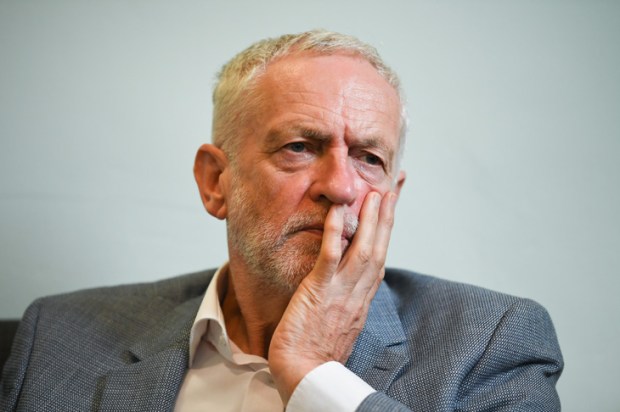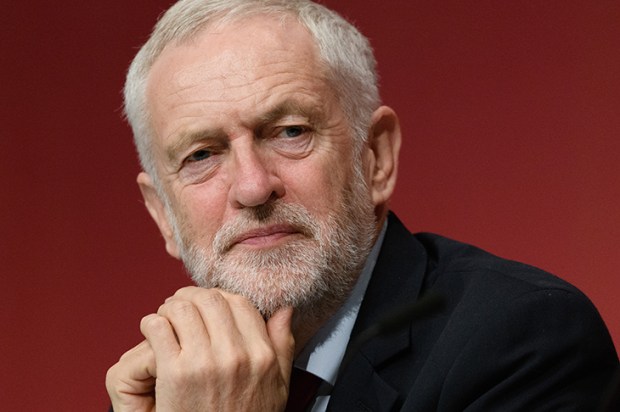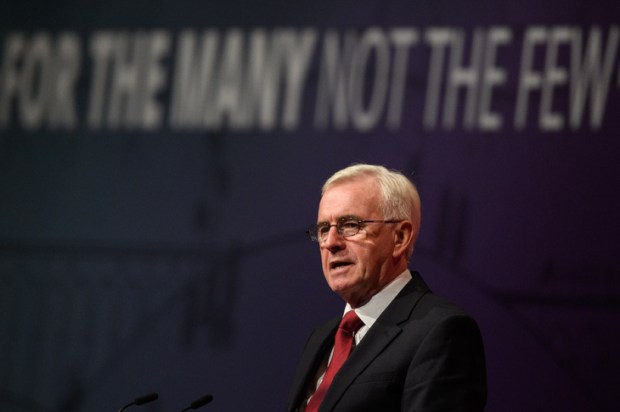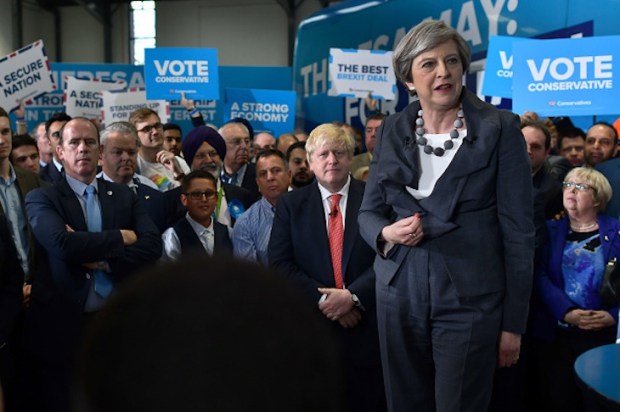‘Why this sudden restlessness, this confusion?’ asked C.P. Cavafy in his poem ‘Waiting for the Barbarians’:
Because night has fallen and the barbarians have not come.
And some who have just returned from the border say
there are no barbarians any longer.
And now, what’s going to happen to us without barbarians?
They were, those people, a kind of solution.
Already a subscriber? Log in
Subscribe for just $2 a week
Try a month of The Spectator Australia absolutely free and without commitment. Not only that but – if you choose to continue – you’ll pay just $2 a week for your first year.
- Unlimited access to spectator.com.au and app
- The weekly edition on the Spectator Australia app
- Spectator podcasts and newsletters
- Full access to spectator.co.uk
Or
Unlock this article
You might disagree with half of it, but you’ll enjoy reading all of it. Try your first month for free, then just $2 a week for the remainder of your first year.















Comments
Don't miss out
Join the conversation with other Spectator Australia readers. Subscribe to leave a comment.
SUBSCRIBEAlready a subscriber? Log in